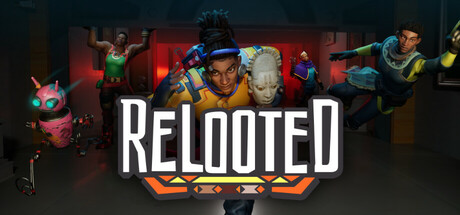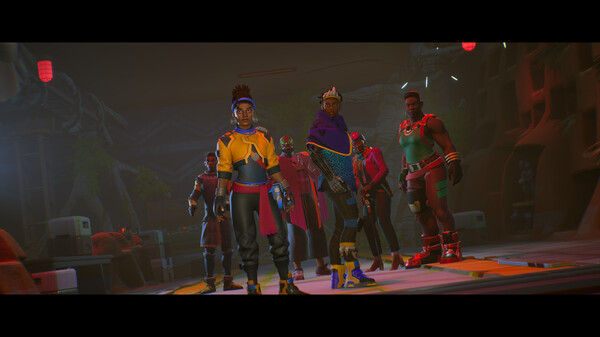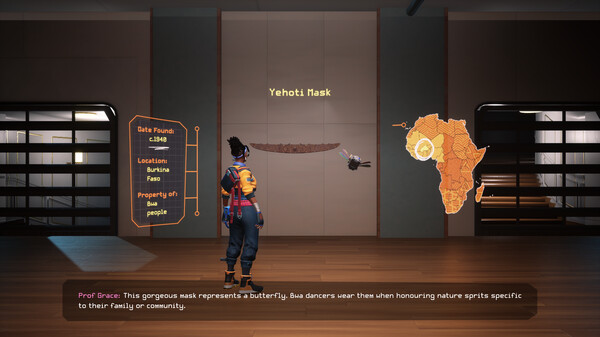Can the Reverse Heist Game Overcome Its Flaws?

🎮 Reverse Heist Game Challenges Museum Ethics – but Can It Win Over Gamers?
A new reverse heist game is generating buzz due to its provocative concept, but initial reactions raise questions about whether its ambitious message will resonate with a broader audience.
Rather than pursuing gold or priceless paintings, this game puts players in the role of a character who breaks into Western museums to reclaim “stolen” African art. The premise engages with current discussions around colonialism and restitution. However, the execution thus far indicates that the project is more likely to spark conversation than to top the Steam charts.
🖼️ The Premise: Bold Idea, Risky Framing
The reverse heist game reimagines the classic heist genre by positioning you, not as a thief, but as a symbolic justice agent reclaiming cultural artifacts pillaged from African nations during colonization. While the premise is high-concept and laden with political significance, it may be overly ambitious for mainstream audiences.
Each mission requires players to stealthily navigate museum environments, locate stolen artwork, and recover it without violence. The artifacts resonate with both historical and spiritual stories, conveyed through text and dialogue from in-game historians.
Although the concept is commendable, in an already saturated indie market, ambitious goals do not always lead to engaging gameplay.

⚖️ Real-World Relevance, In-Game Limitations
There’s no denying the cultural relevance of the game’s topic. Major institutions such as the British Museum have faced years of pressure to return stolen African artifacts. And games like Papers, Please and This War of Mine have proven that socially conscious titles can succeed, if they’re engaging.

🔥 Controversial, but Is That Enough?
The concern here is that the reverse heist game may lean too heavily on message over mechanics. From the limited demo shown to the press, stealth and puzzles feel basic, and the environments (fictional museums) lack the polish or interactivity that define modern indie hits.
The game will almost certainly spark headlines in art and academic circles. But controversy doesn’t guarantee success, especially in gaming, where audiences often prioritize mechanics over message.
And while the term “reverse heist game” is a clever marketing hook, the risk is that it might come across as a gimmick, used more to provoke debate than to support a truly immersive or innovative experience.

📅 What We Know So Far
- The game is still in early development, with no title or release window announced.
- It’s an indie project focused on PC, possibly console.
- Mechanics include stealth, light puzzles, and narrative interludes focused on the cultural origin of each artifact.
There’s potential here, but also a real chance it becomes more of a conversation piece than a commercial or critical success.
📉 Final Thoughts
The reverse heist game takes a big swing at one of the most controversial cultural topics of our time. But its impact will depend not on how loud the message is, but how well it plays.
Unless the developers significantly evolve the mechanics, this may remain a bold idea that never quite reaches the level of great gameplay. In the end, games that preach still need to entertain.


